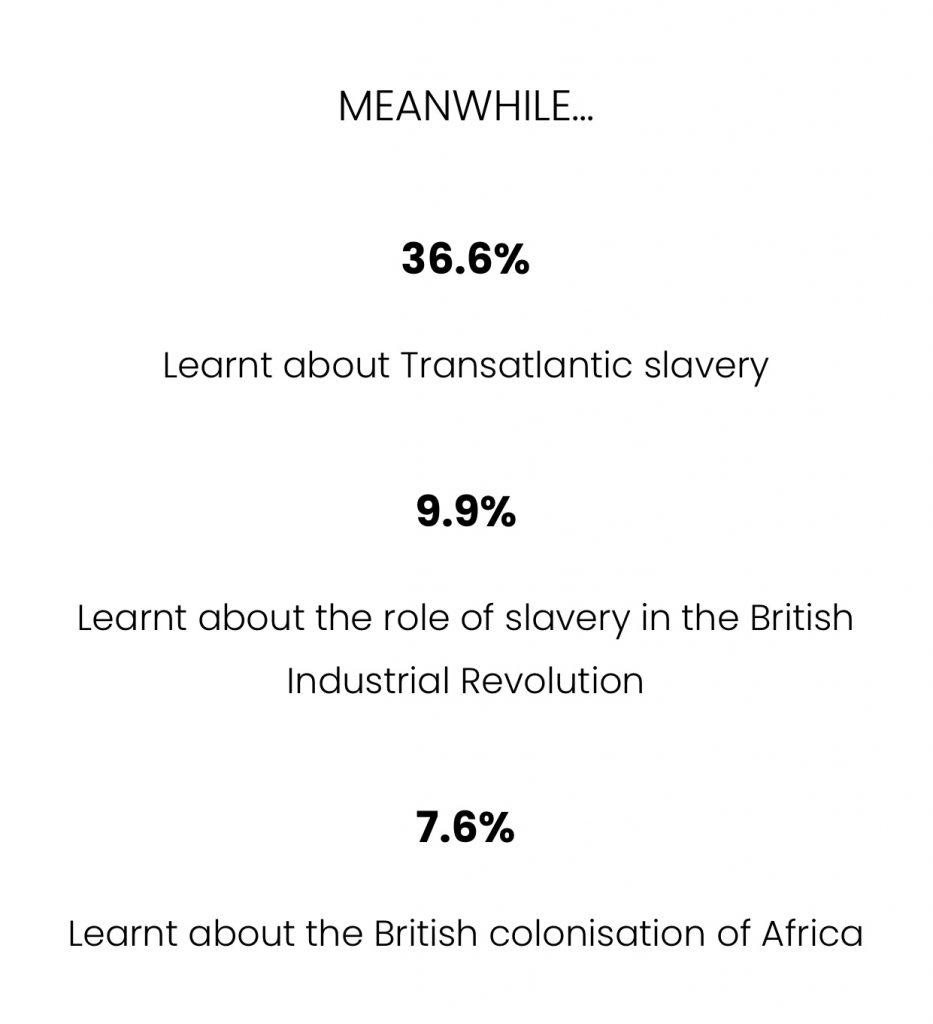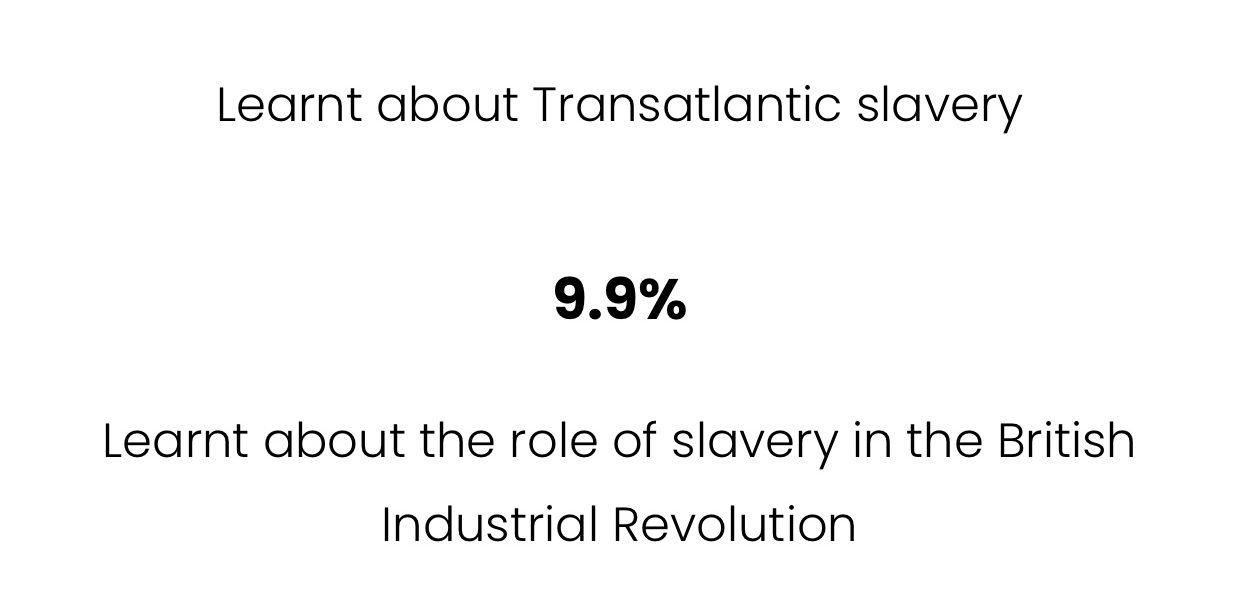Three select committees heard evidence yesterday regarding Black history in the National Curriculum after thousands demanded the British Government to decolonise the curriculum. This discussion was brought to the Government after a petition about cultural diversity in education was signed by over 200,000 thousand people.
The petition was created by two young women who both studied History together during A-levels, Esmie Jikiemi-Pearson and Nell Bevan. They are the founders of an organisation called ‘Impact of Omission,’ which aims to make education on Britain’s colonial past compulsory in the core curriculum.
They created a survey on their organisation’s website to find out exactly what was being taught in the History lessons.
After over 55,000 responses they found under 10% learnt about the role of slavery in the British Industrial Revolution and only 7.6% learnt about the British colonisation of Africa.

Esmie Jikiemi-Pearson explained how her experiences in school were white-washed. This and the #BlackLivesMatter Movement led her and Nell to create a petition, which caused people to think carefully, including teachers about what they were teaching in the classroom.
The Government responded to the petition back in the Summer arguing that the History curriculum already includes themes surrounding the British Empire. These themes are chosen by schools and teachers.
This kind of flexibility and freedom does not sit well with some teachers. Roasmund McNeil, the Assistant General Secretary of the National Education Union, said yesterday: “It cannot be a question of flexibility or freedom here, there actually needs to be a responsibility.”
Within the Curriculum, facts like British Colonialism and the Trans-Atlantic slave-trade need to be weaved in, according to Esmie Jikiemi-Pearson.
However politicians like Kemi Badenoch, a Treasury & Equalities Minister strongly disagrees that the Curriculum needs to be decolonised. “Our Curriculum does not need decolonising for the simple reason that it is not colonised, we should not apologise that British children study the history primarily of these islands,” said MP Kemi Badenoch in a recent Commons debate on Black History.
The petitioners also want to see diversity within the resources used to teach. “Think about the picture books you teach in Key Stage One, more black people need to be included,” said Esmie.
One of the main worries about changing parts of the National Curriculum is it can be considered as ‘quick-fix.’ Dr Katherine Burn, Associate Professor of Education at the University of Oxford stated yesterday that there is a lack of teacher confidence when it comes to teaching certain issues.
Until this is fixed, wider issues within education cannot be solved.
Going forward the main barrier to proposed changes will be time and space. “Time is very pressured and the National Curriculum is very full,” said Rosamund McNeil.
Related stories:





